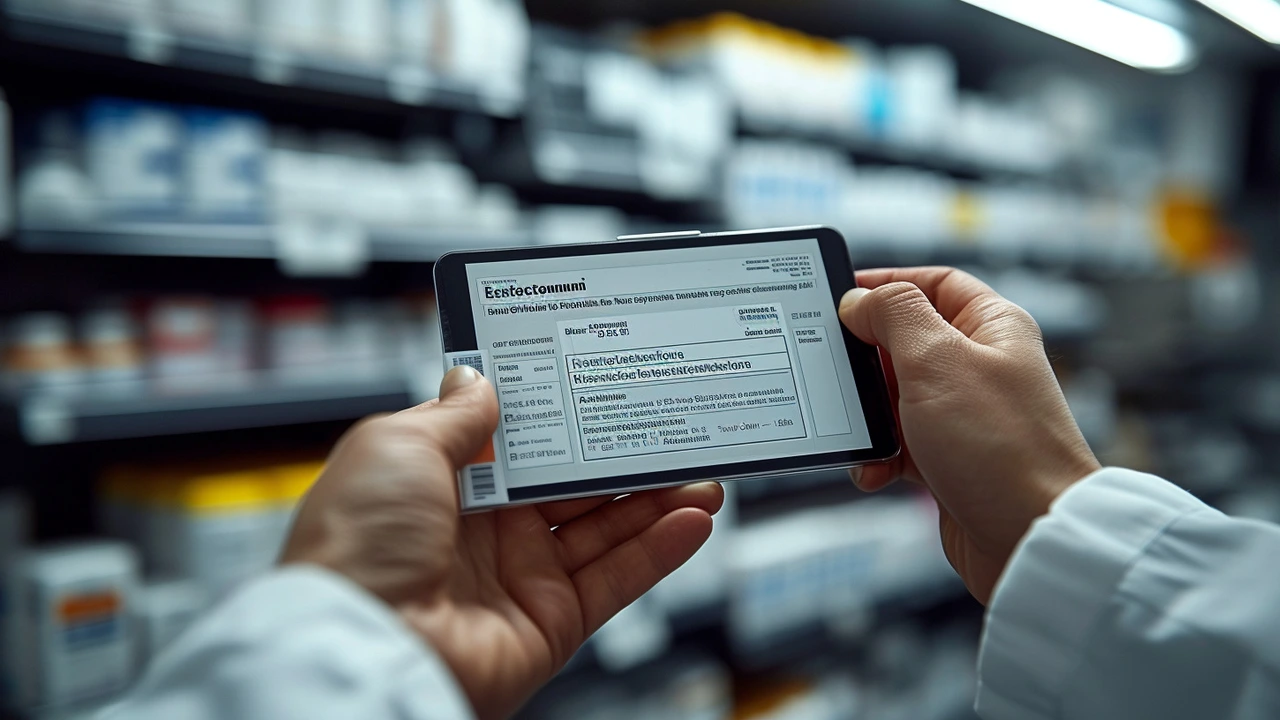Hormone Therapy: What Works, what to watch for, and how to stay safe
Hormone therapy can fix symptoms fast — think fewer hot flashes, better sleep, or calmer joint pain — but it’s not one-size-fits-all. If you're thinking about HRT for menopause, testosterone for low energy, or thyroid replacement, this guide gives clear, useful steps you can use when talking with your clinician or buying meds online.
Which types exist and who benefits?
There are a few common types: systemic estrogen (with or without progesterone) for menopause symptoms, local vaginal estrogen for dryness, testosterone therapy for men and some women with confirmed low levels, and thyroid hormones for hypothyroidism. Each works differently and is used for specific issues. For example, local vaginal estrogen helps only vaginal symptoms and carries far less systemic risk than oral or patch estrogen.
Not everyone should start hormones. Age, personal medical history (like a history of blood clots, breast cancer, or uncontrolled heart disease), and smoking all change the risk. A good clinician will review your history and do baseline blood tests before you start.
Risks, monitoring, and practical tips
Side effects range from mild (bloating, mood swings) to serious (increased clot risk or changes in heart health). That doesn’t mean avoid therapy — it means you should be monitored. Expect baseline checks: blood pressure, relevant blood tests (thyroid, lipids, liver as needed), and age-appropriate cancer screening (mammogram, cervical checks). For testosterone or other hormone treatments, labs should be repeated after dose changes and yearly once stable.
Keep these practical rules in mind: use the lowest effective dose, review risks every year, and don’t ignore new symptoms like sudden shortness of breath, chest pain, or sharp leg pain — get urgent care. If topical or local options work, they often reduce overall risk compared with systemic therapy.
Thinking about buying hormones online? Never skip a prescription or lab checks. Only buy from licensed pharmacies that require a prescription and offer a real pharmacist contact. Avoid sites that sell controlled hormones without paperwork or pressure you to buy in bulk. Check for clear company details, UK/US regulatory references, and honest customer service. If unsure, call the pharmacy and ask for verification.
Finally, lifestyle moves matter. Good sleep, cutting alcohol and smoking, regular weight-bearing exercise, and eating enough protein and calcium lower some health risks and can improve how you feel on or off hormones. Talk openly with your provider about goals — symptom relief, bone health, or libido — and choose a plan that matches those goals, not a one-size ad.
If you want, I can point you to checklists for clinic visits, sample questions to ask your prescriber, or a short list of trusted online-pharmacy checks to use before you order.
This in-depth article explores Estrace, a form of Estradiol used in hormone therapy, specifically addressing its applications, medical and side effects, and dosing recommendations. It also touches on drug interactions, providing a comprehensive understanding for those considering or currently using Estrace. By discussing common dosages and offering practical tips, the article aims to inform readers about the benefits and precautions of Estrace, making the topic of hormone replacement therapy more accessible.

